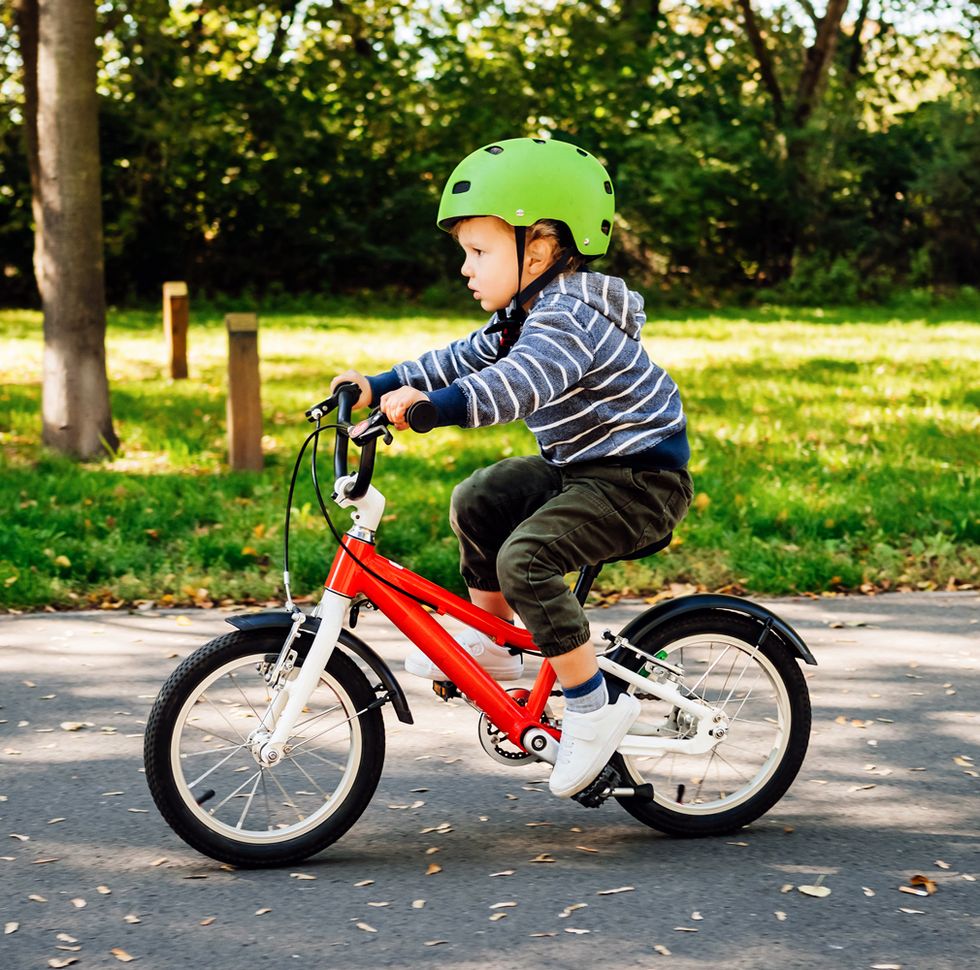1 月 . 26, 2025 00:48 Back to list
2022 New Fashion cheap bicycle price mini fat boy bmx full/aluminum alloy frame sepeda bmx race bike
When it comes to securing a free kid's bike without compromising on the quality, parents often find themselves navigating a labyrinth of options that claim to offer the dream without the price tag. The allure of a free bike for children is undeniable, as it promises the blend of essential childhood joy and outdoor physical activity, which has become crucial in today's tech-saturated environment. However, finding a trustworthy and reliable source for a free kid's bike requires a blend of experience, expertise, authoritativeness, and trustworthiness.
The bedrock of all these efforts is trustworthiness. When acquiring a bike, especially a used one that comes at no cost, it's critical to trust the source. Peer reviews and feedback on platforms should be scrutinized. Platforms like Facebook Marketplace or groups dedicated to free cycling gear often have review systems that enable users to share their experiences with specific users or groups. Furthermore, local biking communities can be instrumental in vouching for trustworthy transactions. Sharing a common interest, these groups often curates list of reliable sources and foster exchanges within the trusted circle. In addition, the broader societal impact of facilitating access to free bikes for kids cannot be overstated. Cycling from a young age instills a habit of healthy living, offers a sense of freedom, and fosters independence in children. Furthermore, it has environmental benefits as biking reduces carbon footprints. As a parent, an informed and prudent choice not only benefits your own children but also contributes positively to the community and environment. To synthesize this knowledge into a thriving practice, one must remain engaged and informed. Whether it involves online forums, participating in swap meets, or following credible sources, the landscape of free kid’s bikes is navigable with the right tools and mindset. Recognizing opportunities, assessing credibility, leveraging authoritative resources, and anchoring each step in trust ensures not just the acquisition of a bike, but the holistic growth and safety of the child destined to ride it. This approach aligns neatly with the crucial SEO parameters of experience, expertise, authority, and trustworthiness, making it not only a journey in securing a bike but also in implementing a sustainable life skill – both for parents and the kids alike.


The bedrock of all these efforts is trustworthiness. When acquiring a bike, especially a used one that comes at no cost, it's critical to trust the source. Peer reviews and feedback on platforms should be scrutinized. Platforms like Facebook Marketplace or groups dedicated to free cycling gear often have review systems that enable users to share their experiences with specific users or groups. Furthermore, local biking communities can be instrumental in vouching for trustworthy transactions. Sharing a common interest, these groups often curates list of reliable sources and foster exchanges within the trusted circle. In addition, the broader societal impact of facilitating access to free bikes for kids cannot be overstated. Cycling from a young age instills a habit of healthy living, offers a sense of freedom, and fosters independence in children. Furthermore, it has environmental benefits as biking reduces carbon footprints. As a parent, an informed and prudent choice not only benefits your own children but also contributes positively to the community and environment. To synthesize this knowledge into a thriving practice, one must remain engaged and informed. Whether it involves online forums, participating in swap meets, or following credible sources, the landscape of free kid’s bikes is navigable with the right tools and mindset. Recognizing opportunities, assessing credibility, leveraging authoritative resources, and anchoring each step in trust ensures not just the acquisition of a bike, but the holistic growth and safety of the child destined to ride it. This approach aligns neatly with the crucial SEO parameters of experience, expertise, authority, and trustworthiness, making it not only a journey in securing a bike but also in implementing a sustainable life skill – both for parents and the kids alike.
Share
Latest news
-
Children Tricycle Factory Custom Designs & Safety Certified
NewsMay.30,2025
-
Best Scooters for Teens Top-Rated, Safe & Durable Rides for 2023
NewsMay.30,2025
-
Affordable Mini & Baby Bicycle Prices Best Deals & Discounts
NewsMay.29,2025
-
20-Inch Kids Tricycle Adjustable Seat, Safe & Durable Design
NewsMay.29,2025
-
20 Inch Kids Bikes Lightweight, Adjustable & Durable Designs
NewsMay.29,2025
-
Magnesium disc Bicycle wholesale children bicycle wholesale children mountain balance bicycle
NewsMar.07,2025
